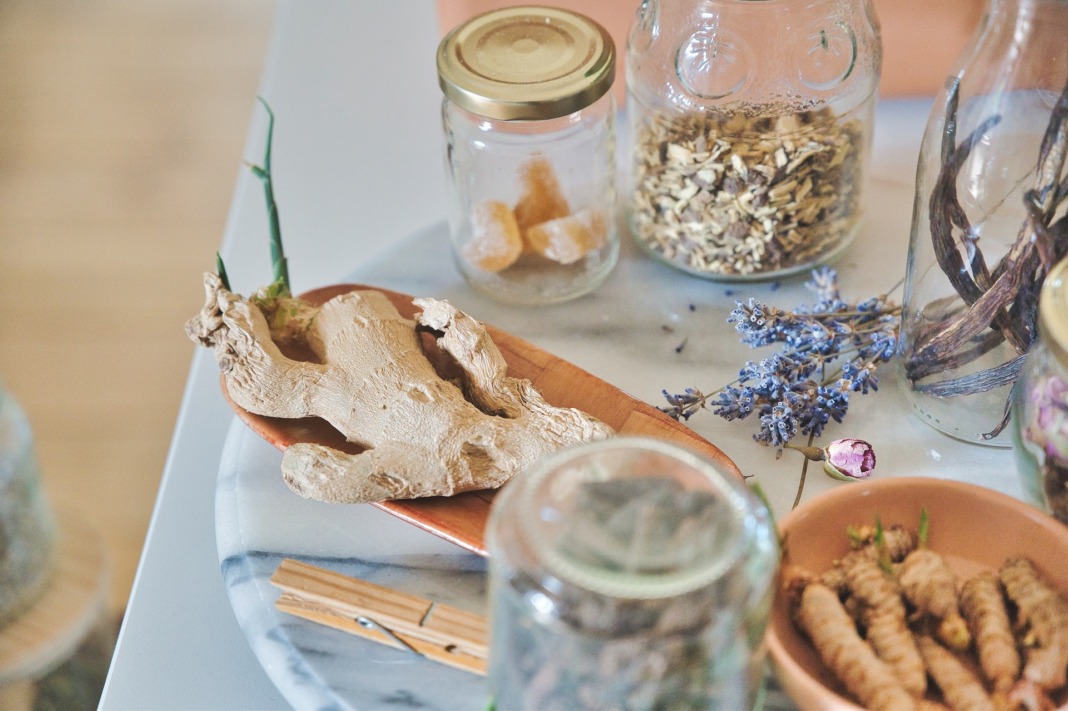The economic landscape is undergoing a significant shift as citizens grapple with the escalating cost of pharmaceutical drugs, driving many to seek alternatives in traditional herbal remedies, locally known as “agbo.” The surge in drug prices is a consequence of the sustained depreciation of the naira, compounded by foreign exchange scarcity, resulting in elevated costs for importing both finished pharmaceutical products and raw materials into the country.
One striking example of the price surge is the antibiotic Augmentin, which has witnessed an astronomical increase from approximately N5,000 in January to an astounding N20,000. Similarly, Ventolin, a crucial medication for individuals experiencing respiratory difficulties, has seen its price soar to N8,000-N10,000 from N1,500. The departure of GSK, the manufacturer of these products, from Nigeria has further exacerbated the situation, contributing to the overall surge in drug prices.
The malaria drug Leonart has experienced a 25 percent price hike, jumping to N2,500 per pack in October from N2,000 in June. Another anti-malarial medication, Amartem, has seen a 39 percent increase, with its price now standing at N2,500 per pack, up from N1,800.
In response to the unaffordability of conventional medications,s are increasingly turning to traditional herbal remedies as a more cost-effective and accessible alternative for managing various health conditions. This paradigm shift reflects a growing concern among the populace about the escalating costs of conventional medicines.
Ogunbor Osaro, a resident in Benin City deeply affected by the price hikes, expressed his frustration, stating, “The prices of these drugs have become exorbitant. It’s pushing many of us to seek alternatives like agbo. We need more affordable healthcare options that won’t cripple us financially.”
Adeyemi Getti, a resident of Lagos state, emphasized the urgent need for accessible healthcare, saying, “The situation is dire. People should not have to choose between their health and financial well-being. We must explore sustainable solutions to make healthcare affordable for all, regardless of economic disparities.”
Chukwu David, a pharmacist with insights into the industry, acknowledged the challenges but cautioned against relying solely on traditional remedies. He commented, “While agbo may offer relief for certain ailments, it’s crucial to strike a balance. We need comprehensive measures to address the root causes of the pharmaceutical price surge and ensure the availability of affordable healthcare options for all strata of society.”
While agbo has been a part of Nigeria’s cultural and medicinal heritage for generations, caution is warranted. Traditional remedies may lack standardized formulations, posing challenges in terms of dosage consistency and potential interactions with existing medications. Moreover, the absence of rigorous scientific testing and regulatory oversight raises concerns about the safety and efficacy of agbo. Individuals turning to these alternatives should be aware of the potential risks and consult with healthcare professionals to ensure responsible and informed choices.
Ass navigate the complexities of rising drug prices, a broader conversation around healthcare affordability is gaining momentum. Calls for systemic changes to ensure that citizens have access to essential medications without significant financial strain are echoing across communities.
The current scenario underscores the need for a holistic approach to address the healthcare crisis. Adequate regulatory measures, transparent pricing structures, and policies that encourage competition in the pharmaceutical industry are crucial. Additionally, investment in local production and research can contribute to reducing dependency on imported medications and help stabilize prices.
The government, pharmaceutical companies, healthcare advocates, and the public must collaborate to formulate and implement sustainable solutions. This includes exploring partnerships with international organizations, negotiating fair trade agreements, and leveraging technology to streamline supply chains and reduce overhead costs.
While traditional remedies like agbo play a role in meeting immediate healthcare needs, a long-term, multifaceted strategy is essential to ensure that alls have access to affordable and quality healthcare. As the nation navigates these challenges, it is an opportune moment for stakeholders to come together and forge a path toward a more sustainable healthcare system.



